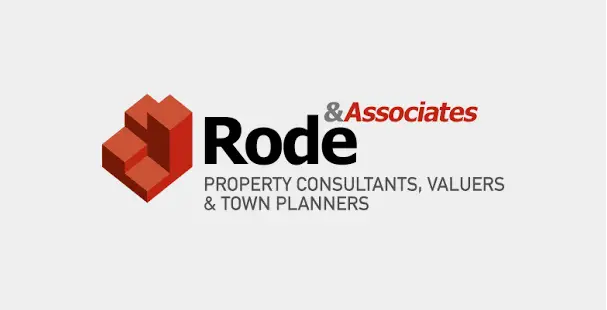Property investment financing is a vital component of real estate investing. It refers to the financial resources that are used to purchase, renovate or develop real estate properties with the aim of generating income or capital gains.
For many property investors, financing is an essential aspect of their investment strategy. In this article, we will explore the basics of property investment financing to help you better understand how it works.
- Types of Property Investment Financing There are several types of financing options available to property investors. Some of the most common ones include:
- Mortgages: This is one of the most common types of financing used by property investors. A mortgage is a loan that is used to purchase a property, and it is secured by the property itself.
- Hard Money Loans: This is a type of financing that is used by investors who need to finance a property quickly. Hard money loans are often provided by private lenders, and they have higher interest rates and shorter repayment terms than traditional mortgages.
- Home Equity Loans: This type of financing allows property investors to borrow against the equity in their existing properties. The loan is secured by the property and is typically used to finance renovations or other real estate investments.
- Cash: Some property investors choose to use their own cash to finance their investments. This can be a good option for those who have a significant amount of savings or who want to avoid the fees and interest rates associated with borrowing.
- Factors to Consider When Choosing Financing When choosing financing for your property investment, there are several factors to consider. These include:
- Interest Rates: The interest rate on your loan will have a significant impact on the overall cost of your investment. Be sure to compare rates from different lenders to find the best option for your needs.
- Repayment Terms: The repayment terms of your loan will also impact the cost of your investment. Be sure to consider the length of the loan, as well as any prepayment penalties or other fees.
- Loan-to-Value Ratio: The loan-to-value ratio (LTV) is the amount of the loan compared to the value of the property. Lenders typically require a lower LTV for investment properties than for primary residences.
- Risks of Property Investment Financing As with any investment, there are risks associated with property investment financing. These include:
- Interest Rate Risk: If interest rates rise, the cost of your loan will increase, which could impact your profitability.
- Property Value Risk: If the value of your property decreases, you may be unable to recoup your investment, particularly if you have borrowed a significant amount of money.
- Cash Flow Risk: If your rental income does not cover your mortgage payments, you may be forced to sell the property or face foreclosure.
- Conclusion Property investment financing is an essential aspect of real estate investing. By understanding the different types of financing available, as well as the risks and benefits associated with each option, you can make informed decisions about your investments. Whether you choose to use a mortgage, hard money loan, home equity loan, or cash, it’s important to do your research and carefully consider all of your options before making a decision.




















